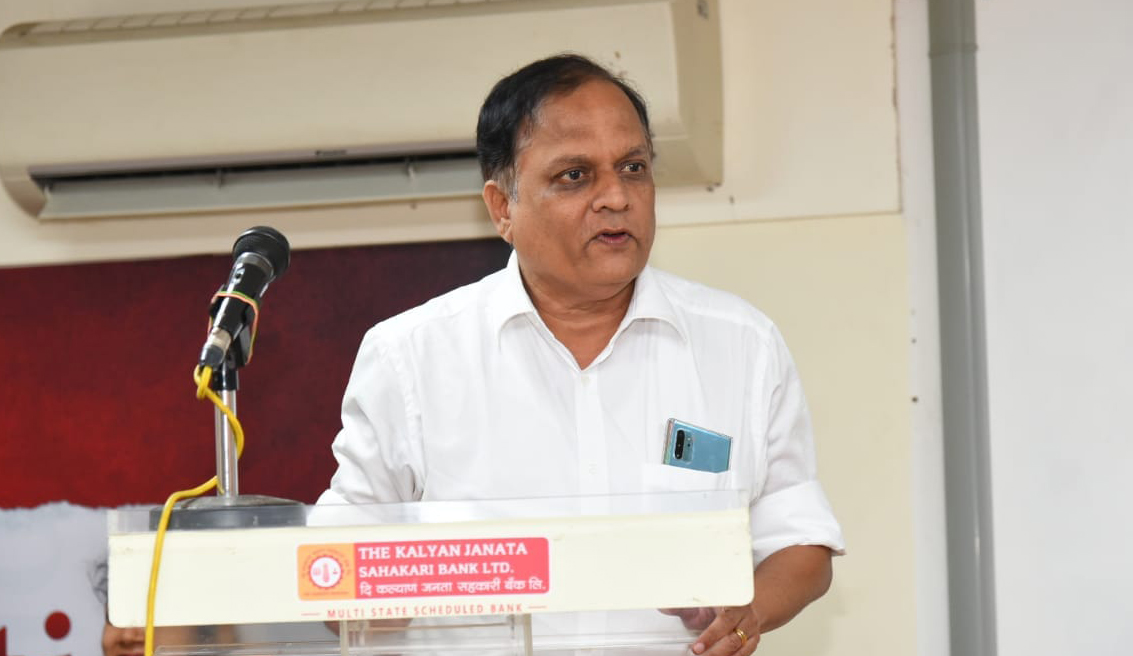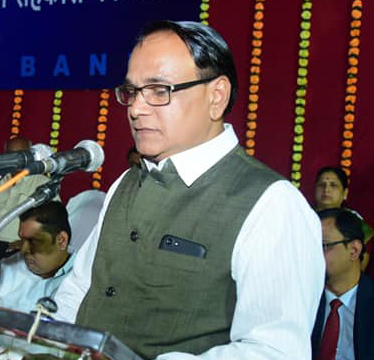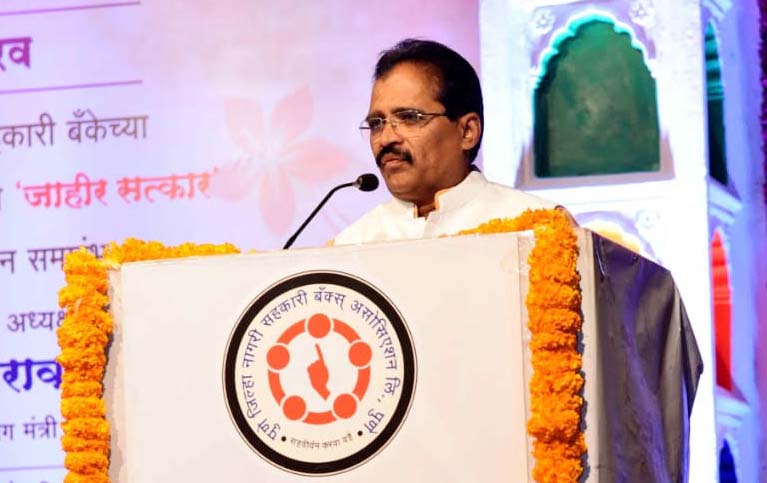The Banking Regulation (Amendment) Bill, 2020 which was introduced in the Lok Sabha last week on Monday by Finance minister Nirmala Sitharaman was passed in the Rajya Sabha on Tuesday through a voice vote.
Conceived in the wake of the PMC Bank fiasco, Sitharaman, participating in the debate said while Yes Bank could be revived, the lack of required provisions in case of co-op bank Acts disallowed similar kind of intervention in the case of PMC Bank. The amendment would change all this, she added.
The bill aims to give powers to RBI to control the affairs of urban cooperative banks as well as DCCBs, on the lines of private and PSU banks. The amendments would protect the interests of depositors and are only concerned with cooperative societies engaged in banking activities, the Minister clarified.
The Co-op banking sector has reacted to the development in a mixed manner. While a section led by the Sahakar Bharati has hailed the bill, there are many who are not happy and refer to ill-advised provisions of section 12 which prohibit refund of shares.
Satish Marathe, Co-Founder Sahakar Bharati:
I welcome the passage of the Banking Regulation Amendment Bill by Parliament. This is the beginning of a new era of a stronger Urban CoOp Banking Sector.
Sahakar Bharati President Ramesh Vaidya
The Banking Regulation Amendment Bill, 2020 is historic in the Indian Baking World. The bill safeguards the interest of depositors and at the same time does not affect the existing powers of state registrars of cooperative societies under state laws.
Sahakar Bharati heartily welcomes this historic legislation which is in the interest of the common people.
Sahakar Bharati National General Secretary Uday Joshi
Sahakar Bharati welcomes the passage of Banking Regulation Amendment Bill & calls upon both the GOI and the RBI to announce a comprehensive policy for growth and development of Urban Banking Sector.


The Banking Regulation (Amendment) Bill, 2020 is now an Act of the country for compliance. This is fantastic news for the depositors of UCBs. The shareholders of UCBs have, however lost their exit route unless RBI issues revised guidelines on issuance as also on refund of their shares with UCBs. Currently the law appears to prohibit both as per Section 12 which is newly introduced.
Completely ill-advised provisions of section 12 which prohibits refund of shares. And that too making any alternative arrangements. What now if a shareholder is having a medical emergency? How UCBs will respond to his urgent request for money?
While the bill is good from a control and regulatory angle, the practical difficulties created by the passage of the bill must be addressed. Hopefully wiser counsel will prevail.
Kaijs Bank, Vice-Chairman, CA Chandrakant Chougule
The administrative control on the co-operative bank is of respective state cooperative Act. The RBI is giving banking business licenses to cooperative banks. The banking business is regulated as per the banking 

They also have power to control the management of these license holders. The right of Yashoda is equal to Devki even if she has not given birth to Krishna. It should be considered, she also performed child rite and nurture.
There were constraints on action to be taken against banks for violation or irregularities of the BR Act. Now the RBI got power to well control the cooperative banking sector and the banking sector will become healthy.
The amendment will not affect democratic principle of cooperative banks. However, the RBI should not treat co-operative banks like step-brothers. Before taking any action against the banks RBI should ask the cooperative registrar and discuss with them. Action should not be taken on a single order.
Subhash Mohite, Chairman, Pune Urban Cooperative Banks Association
While passing the bill no proper discussion took place. There are so many controversies in respect of the provisions of Banking Regulation Act and Co-operative Societies Act. Hon. Nirmala Sitaraman Finance Minister in her speech in Lok Sabha said that the provisions of Co-operative Societies Act will not affect or change.


Though, the ordinance was harridly issued with a reason that, they have given justice to the depositors of PMC Bank. But till today no favorable action is taken, then why ordinance? And now the bill is also passed harridly. I think all co-operators ( keeping aside their political views) is required to raised there voice unitedly to get delite provisions which are against the Co-operative Banking and it’s Co-operative status.
Subhra Jyoti Bharali, MD, The Industrial Co-op Bank
It is a good move for the cooperative banking sector to win back the confidence of depositors. After all, banking is the system to bring money into the economic system of any country by getting the sovereign guarantee for its depositors.
The PMC episode had reduced the entire faith of its patrons in the case of the cooperative banking sector of our country because of two different sets of rules to govern the banking industry. Now this has been brought under one umbrella and it is expected that the cooperative banks can now grow as they did in the past.
The cooperative banking system will be strengthened to extend its services to the unserved areas of the country so as to get the maximum benefit from the cooperative structure of the country. Hope the country will take this in a positive spirit to percolate it’s benefits to the poor and needy also.
Er Avinash Kothale, Chairman, Jijau Commercial Cooperative Bank
Dual control ends, its welcoming step.
Indore Paraspar Sahakari Bank, Director, Shekhar Kibe
I on behalf of Sahakar Bharti and the entire UCB sector welcome this amendment. Now closure and liquidation of UCB’s will be a thing of the past, and once again the cooperative Banking sector will have a glorious future. Jai Sahakar













































